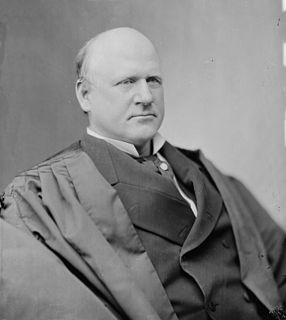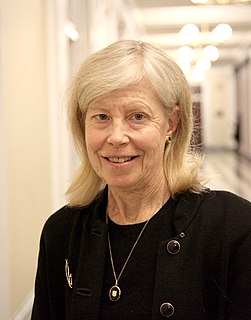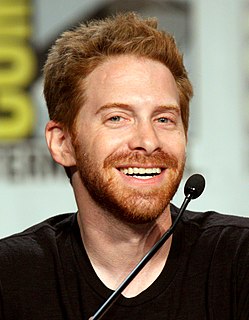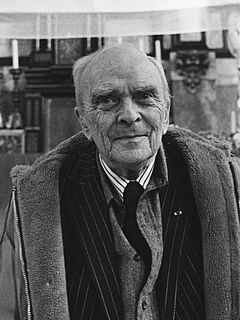A Quote by Brian Schatz
The FCC is a quasi-judicial body. It is supposed to undertake this period of public comment with a degree of seriousness and respect.
Related Quotes
I can only express the hope that faith in the judicial system will never be diminished, and I am sure it will not, so long as we allow a review of the judicial processes that takes place here in some other tribunal where obviously undue influence cannot be brought to bear. As long as governments are wise enough to leave alone the rights of appeal to some superior body outside Singapore, then there must be a higher degree of confidence in the integrity of our judicial process. This is most important.
In the Restoring Internet Freedom Order, the FCC strengthened its transparency rule so that Internet service providers must make public more information about their network management practices. They are required to make this information available either on their own website or on the FCC's website.
Vegetarianism is not implicitly important for the mental progress or the intellectual development, unless it is supposed to be a remedy to clean the body from slag. A temporary abstinence from meat or animal food is indicated only for very specific magic operations as a sort of preparation, and even then only for a certain period. All this is to be considered with respect to sexual life.
I do think the whole question of judicial accountability is a complicated one. On the one hand, you want to encourage judicial independence. And it's always, I think, problematic when an unpopular decision triggers a recall election. Because it sends a disempowering message to judges. On the other hand, it's the only way that voters have to rein in someone whose views are really so out of the mainstream of public opinion that they jeopardize the legitimacy of the judicial process.
You have to stand up and be a human. You have to honor the man or woman that you are. Respect your body, enjoy your body, love your body, feed, clean, and heal your body. Exercise and do what makes your body feel good. This is a puja to your body, and that is a communion between you and God. . . . When you practice giving love to every part of your body, you plant seeds of love in your mind, and when they grow, you will love, honor, and respect your body immensely.

































